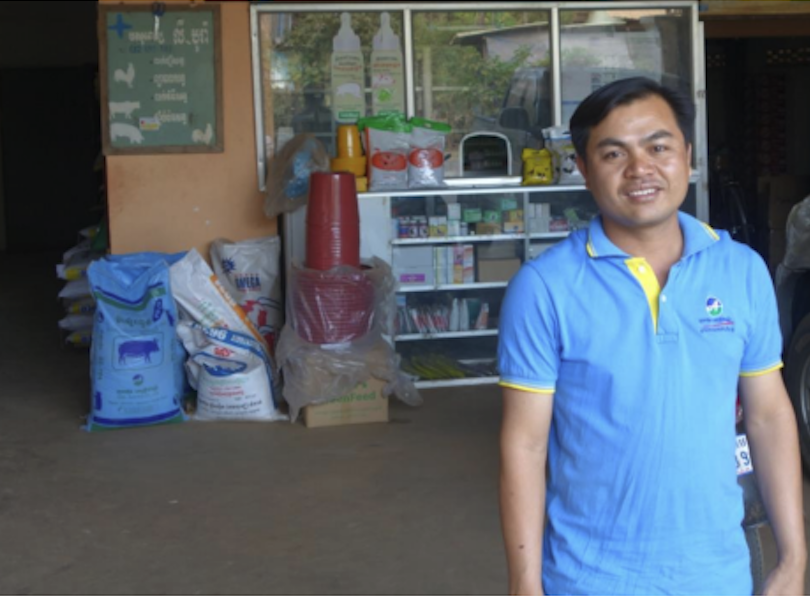Recent Publications & Learning
Doing development differently starts with better evidence and learning.
Doing development differently starts with better evidence and learning.

This webinar sheds light on how the market systems development community can better understand indications of systemic change. Experts share findings from a multi-year trial conducted by the USAID-funded Leveraging Economic Opportunities (LEO) activity that applied ‘complexity-aware’ monitoring tools in Bangladesh, Sierra Leone, Georgia and Mozambique to assess their utility for capturing systemic change.
Read More
Building on research conducted by the Leveraging Economic Opportunities (LEO) activity on scaling impact through agricultural input and output markets, this paper provides: 1) a summary of empirical learning drawn from LEO's work; and 2) practical recommendations and references to outside resources to help guide projects achieve impact through technology and behavior adoption via agricultural input and output markets.
Read More
This paper builds on a literature review on evaluating systems conducted under the Leveraging Economic Opportunities (LEO) project, which found issues with the existing frameworks and indicators used for measuring systemic change. It presents a framework that outlines a pathway for systemic change, and presents a complementary set of indicator areas, or ‘domains’, that signal systemic changes.
Read More
Feed the Future (FtF) is facilitating changes in core agricultural systems that contributes to more sustainable and scalable development objectives. This report summarizes the findings from research into four FtF projects, selected as illustrations of observable systemic change.
Read More
This brief presents a summary of findings related to the application of the Outcome Harvesting tool in the Georgian dairy industry.
Read More
This report provides a review of market analyses and in-depth interviews with key staff from projects seeking to apply a market systems development (MSD) approach. The purpose of this paper is to improve the practices of projects wanting to understand where and how to intervene to facilitate market systems development that creates inclusive benefits for target populations.
Read More
This brief paper describes an effort to build a set of basic and easily used tools for monitoring system dynamics, or system health. The term, “system dynamics,” refers to the way actors, or agents, within a system act and relate to one another. It includes flows between agents as well as the norms that govern the way groups of agents in a system make seemingly independent decisions.
Read More
This study examines the incentives and constraints to adaptive programming across the donor-implementer relationship – and how the behaviour that results influences market systems programming. Based on research and interviews with over 60 experts across a range of donor and implementer organisations, four ‘baskets’ of issues emerged: knowledge, leadership, culture, and procurement and contract features.
Read More
This paper explores how social norms influence women’s economic empowerment in market systems development, and what practical lessons might be learned. It documents how gendered social norms are currently understood in academic research, then attempts to present the current state of practice for market systems programmes via two in-depth cases, and seven mini-cases.
Read More
Over the course of the Leveraging Economic Opportunities (LEO) activity, MSA discovered that there had been very analysis of the durability of the results created by market systems development initiatives following their completion. Consequently, MSA conducted this ex-post assessment of the USAID/Cambodia Micro, Small and Medium Enterprise (MSME) project's work in the swine sector five years following its closure. MSME promoted the use by the private sector of an embedded training model, in which companies would provide technical information on input selection and application at no direct charge to swine farmers in order to increase input sales. MSA’s research found that the embedded training model has endured and indeed expanded since the end of the project, being used to varying extents by the majority of the firms in the sector, indicating that it has become an industry norm.
Read More